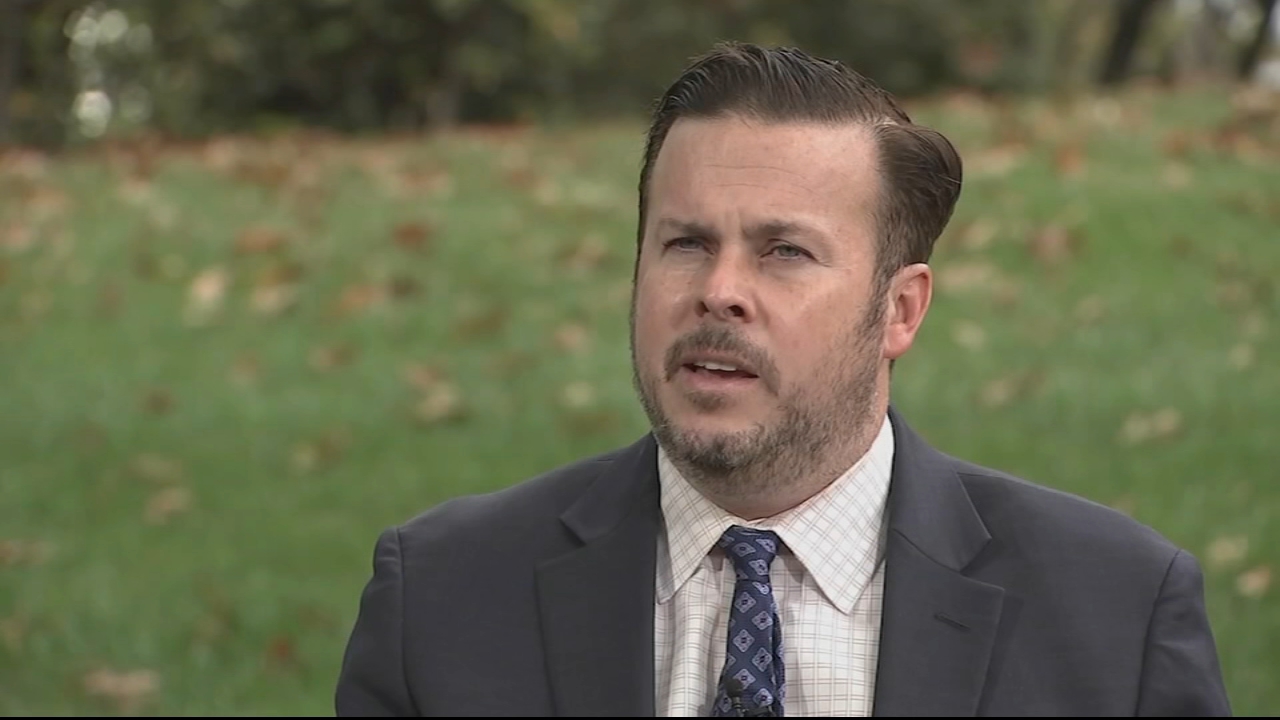The latest medical thinking on who needs heart drugs - and who can skip them

Heart disease is the leading cause of death in the U-S.
But even with all the information available, some people wonder which drugs they should take -- and who really needs them.
Experts agree that high blood pressure and high cholesterol increase your risk of having a heart attack.
What they don't agree on is who should be taking medication to treat those conditions... and that can cause some issues.
"Doctors and patients might be confused about when it's time to use medication to treat high blood pressure or high cholesterol," says Lisa Gill of Consumer Reports Best Buy Drugs.
Consumer Reports has these guidelines: First, focus on your overall risk.
"Everyone over the age of 40 should know their 10-year risk of having a heart attack or a stroke. There's an online tool that'll help you estimate that," notes Gill.
Check your heart risk here.
If it's 10 percent or higher, you probably need a drug to lower your cholesterol.
But if it's less than that, consider diet, exercise and losing weight before starting medication.
"Some of those things can have a big impact. For example, exercise can actually lower your blood pressure by almost 9 points. Which is a lot. That could mean you don't even need medication,"
When it comes to medication, Consumer Reports Best Buy Drugs says if you must take a cholesterol or blood pressure drug, it's best to start with one that has a long record of safety and effectiveness.
For high blood pressure Consurmer Reports recommends diuretics, or water pills.
And they suggest low doses of statin drugs to prevent a first heart attack or stroke.
For people with extremely high cholesterol that's tough to treat, there may be another option.
A recent study in the New England Journal of Medicine says the drug Repatha could cut their risk by 15-percent. But it is expensive... It costs about a thousand dollars a month.




